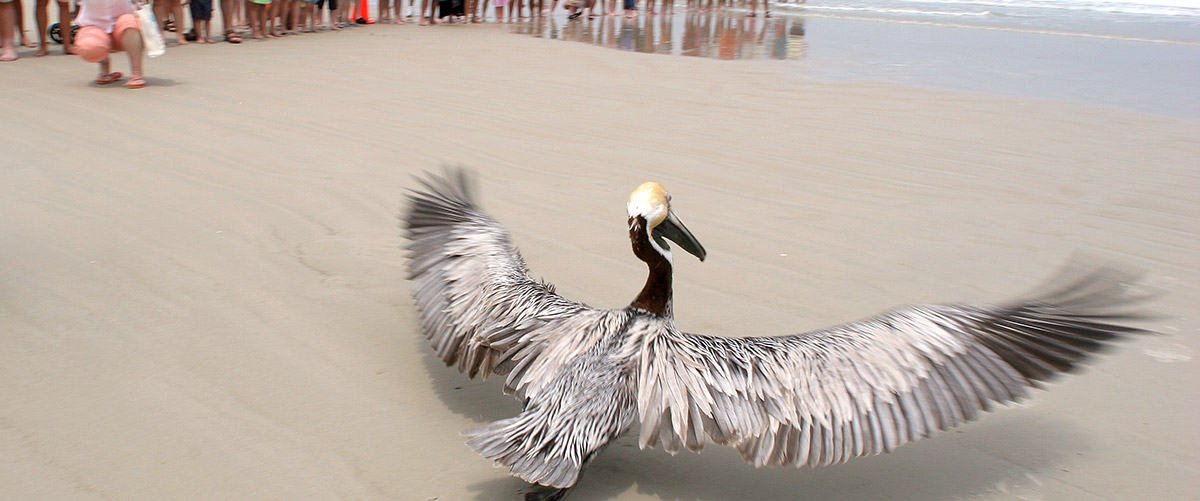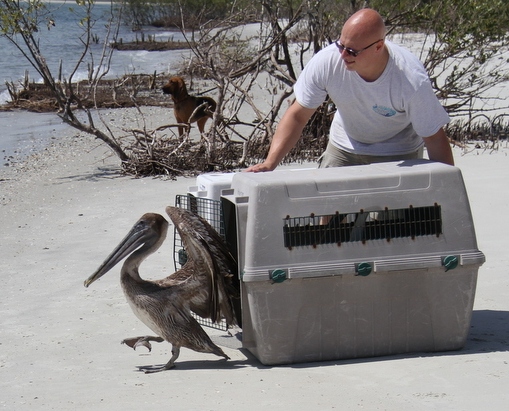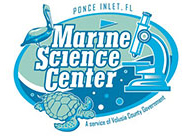BIRD HOSPITAL

Opened in 2004, The Mary Keller Seabird Rehabilitation Sanctuary is a fully functional animal hospital equipped to care and treat injured and sick birds. The MSC has treated more than 18,000 birds from more than 200 different species and admits approximately 1,200 birds annually. The hospital was named for Mary Keller, a longtime local bird rehabber who has dedicated more than 30 years to the care of sick and injured birds in Volusia County.
BIRD HOSPITAL
Birds admitted to the bird hospital receive full diagnostic exams using state of the art veterinary equipment such as X-rays, ultrasound and endoscopic procedures. Avian rehabilitation specialists carry out surgical procedures and medical treatments and administer medication as prescribed by the Marine Science Center’s staff veterinarian.
Some common threats to birds include: becoming entangled or being caught in fishing gear; car collisions; pollution from chemicals such as fertilizers, herbicides and insecticides; and cat and dog attacks. Many birds become sick after being fed harmful human foods like bread or french fries.

All fully recovered birds are returned to their natural habitat, and some are fitted with leg bands so they can be identified later. If you see a banded bird, please record the color of the band, the color of the code, the code, which leg the band is on, the location where you saw it, and the date. You can report that information online by filling out the report a banded bird form or by emailing band reports.
Visitors can meet some permanently impaired birds that are not eligible for release along the bird boardwalk in the guest viewing area of the Marine Science Center complex.
Map of drop-off location [PDF]
If you find an injured bird please, call the FWC (Florida Fish and Wildlife
Conservation Commission) Hotline at 888-404-FWCC (3922)

 DONATIONS
DONATIONS


